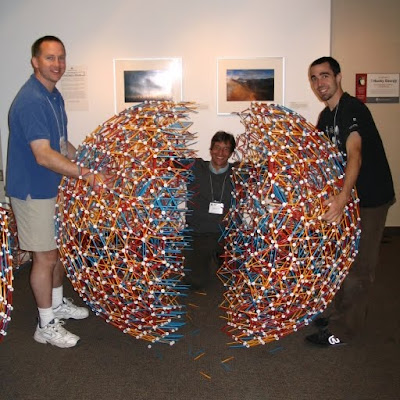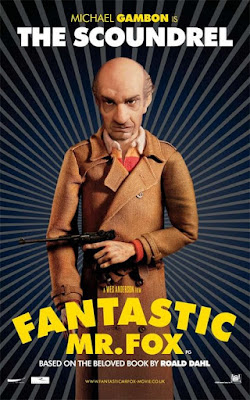I was 50% right

. . . On the post Dissection of a microdrill Bright Knight commented: I believe that conscious feedback is important. If you get the solution to a problem wrong, it helps to work out why you got it wrong, and what you could have done to get it right. (Being too slow can be “getting it wrong” in this context.) Finding simple chess tactics is mostly an automatic unconscious process (unless you are a beginner). If you get it right very quickly, so quickly that you did not have time to work it out, that proves that you are doing it on autopilot. If you do not solve a simple problem quickly, you have not demonstrated even temporary success at the skill. You need to find the solution quickly, and have as much time as you need to reflect if you do not. If you fail to get the solution, a fast time limit is bad, because finding the solution for yourself is much more instructive than being told the answer - but spending too long on a problem is bad time management. Th...




